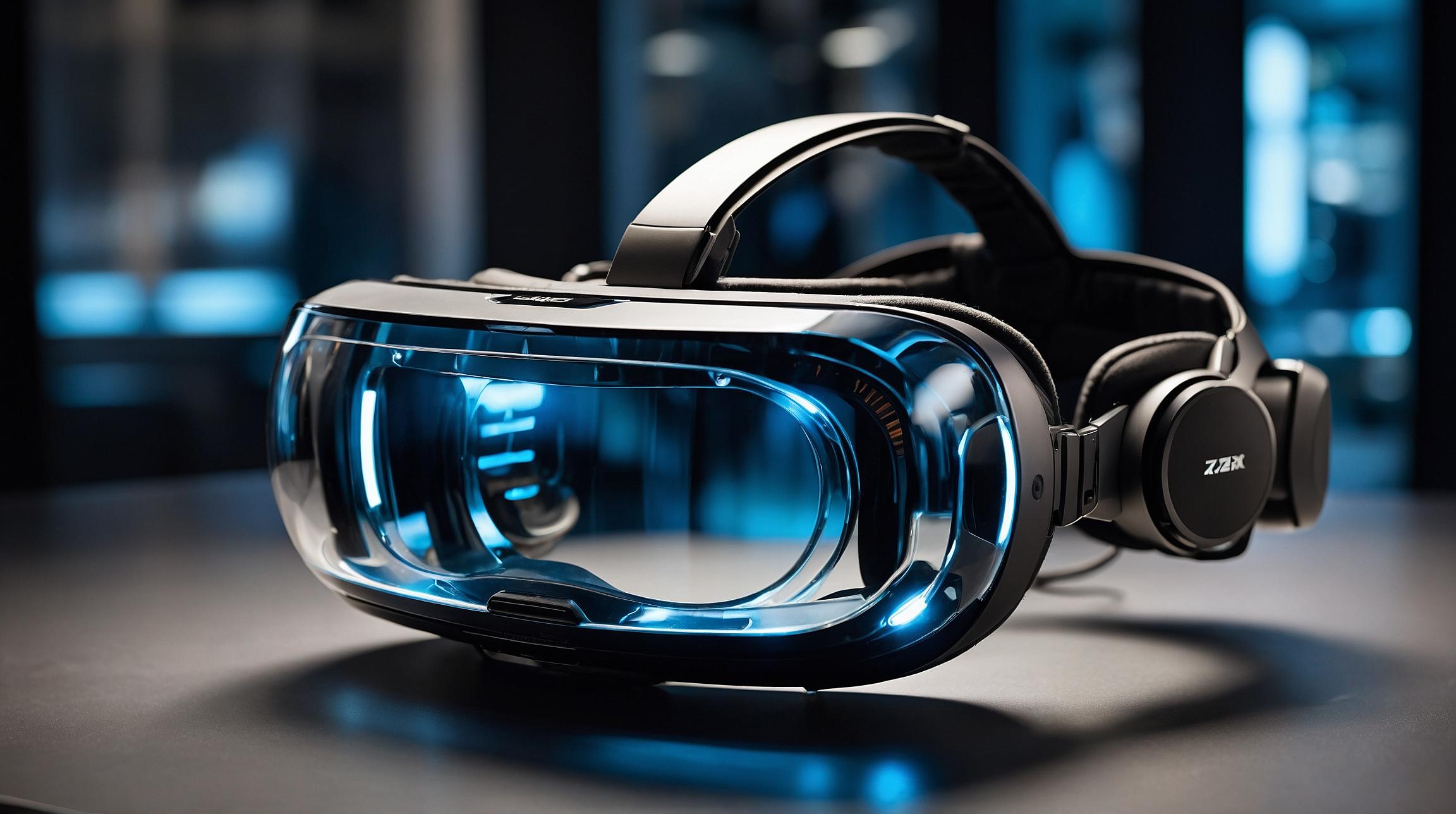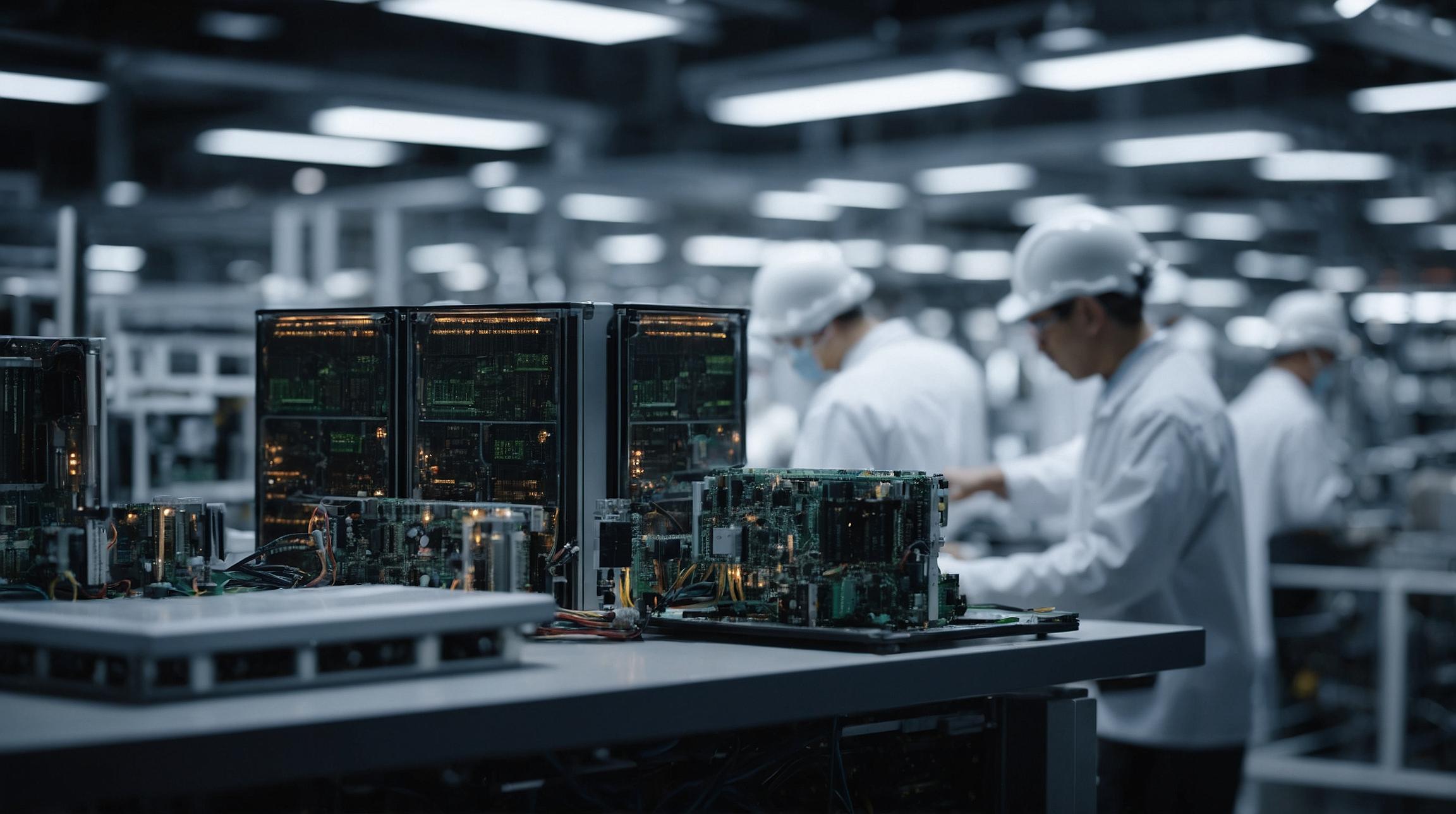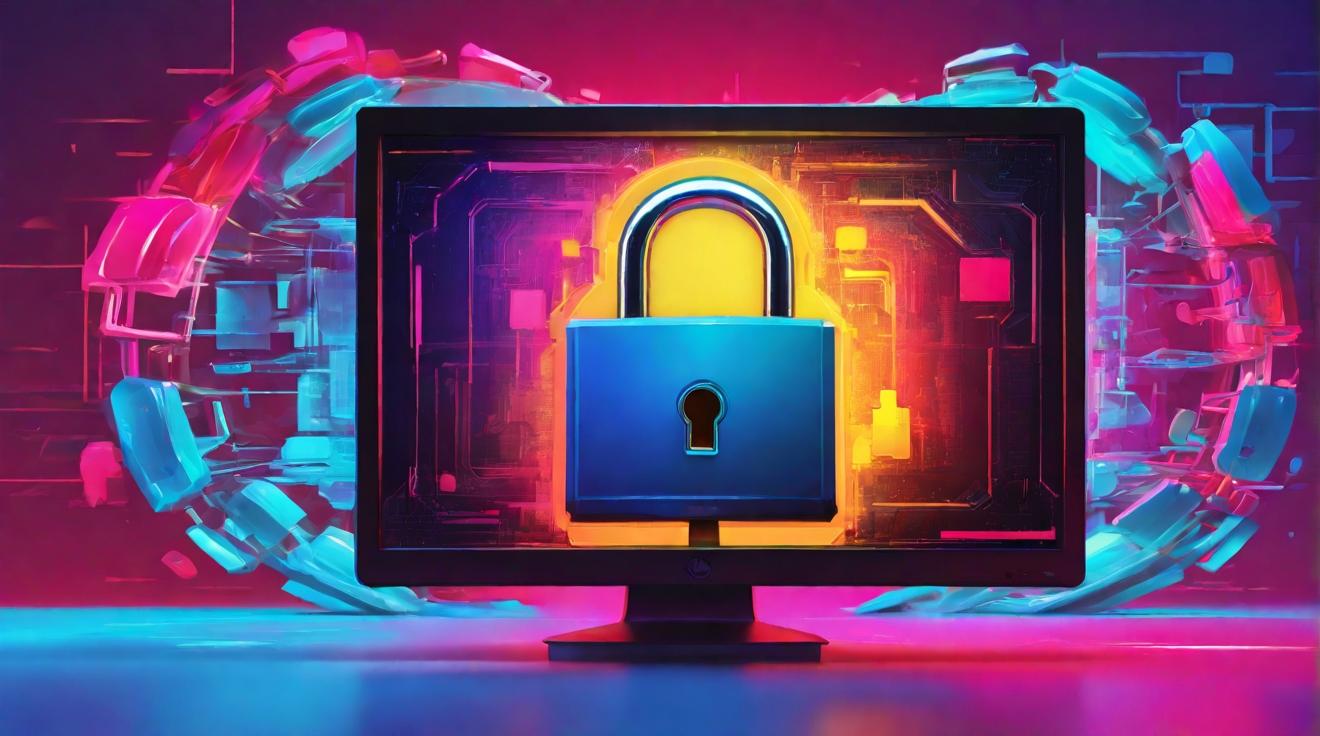Virtual Reality Enhances Health Care Training for LPN Students
Virtual reality technology is revolutionizing the way LPN students at River Parishes Community College (RPCC) in Louisiana are being trained for careers in the health care industry. During finals week, students from the LPN program at the Reserve campus had the opportunity to experience virtual reality as part of their training. This immersive and spatial technology allows students to be fully immersed in realistic scenarios, giving them valuable hands-on experience before even practicing on a real patient.
According to RPCC’s PN nursing coordinator and faculty member Lori Dimperio, virtual reality takes the school to the cutting edge of nursing and clinical practice. The students are incredibly excited about this new technology and are eagerly looking forward to diving into more scenarios and practicing their skills in a safe and controlled environment.
Hands-On Learning Through Virtual Reality Simulations
RPCC’s adoption of virtual reality technology allows students to gain valuable hands-on experience in a safe and easily repeatable manner. James McCrary, RPCC’s director of innovative teaching and learning, explains that the ability to align certain skills and expose students to specific scenarios is empowering for both students and faculty. By using virtual reality simulations, students can practice their skills and gain exposure to real-life scenarios before ever setting foot in a clinical setting.
Gretchen Schmidt, the dean of Health Sciences at RPCC, highlights the benefits of virtual reality simulations for students. She says that practicing skills in a safe environment helps students feel like real nurses. The interactive and realistic nature of the simulations further enhances the students’ learning experience.
RPCC Expands Virtual Reality Sim Lab for Health Science Programs
As part of a larger spatial learning initiative, RPCC has expanded its VR Mobile Sim Lab to include a permanent, fixed VR Sim Lab at the Reserve campus. This expansion creates a unique opportunity for LPN students in the river region. The VR Sim Lab is equipped with over 50 pre-built scenarios, allowing instructors and students to start using the technology immediately.
The addition of the VR Sim Lab at the Reserve campus further solidifies RPCC’s commitment to incorporating virtual reality technology into its health science programs. Over the past year, RPCC has been implementing this technology specifically for health science programs, and the new facility provides a dedicated space for students to engage with virtual reality simulations.
Assessing Student Performance Through VR Health Care Platform
One of the advantages of using virtual reality technology in health care training is the ability to assess student performance accurately. The VR health care platform used at RPCC allows instructors to capture valuable data that would otherwise be difficult to assess. With traditional training methods, assessing student performance can be subjective and challenging. However, virtual reality simulations provide instructors with quantifiable data that can be used to evaluate students’ skills and progress.
The ability to measure and evaluate student performance through the VR health care platform empowers both students and faculty. Students can receive specific feedback and identify areas for improvement while instructors can develop targeted teaching strategies to address individual needs.
RPCC Plans to Bring Virtual Reality Training to Remote Students
As RPCC continues to embrace virtual reality technology for health care training, the college plans to extend this opportunity to remote students. The next step is to make the VR Mobile Sim Lab and the VR Sim Lab at Reserve accessible to students from the comfort of their homes. To achieve this, RPCC is working on a pilot program that will provide remote students with access to VR technologies starting in the spring of 2024.
By bringing virtual reality training to remote students, RPCC aims to ensure that all LPN students have access to the same immersive and valuable learning experiences. This initiative will not only benefit students who may face geographical or logistical challenges but will also further enhance RPCC’s reputation as a leading institution in health care training.
In conclusion, the incorporation of virtual reality technology into health care training at RPCC’s LPN program is transforming the learning experience for students. With hands-on learning through virtual reality simulations, students can gain valuable experience and exposure to real-life scenarios. The expansion of the VR Sim Lab at the Reserve campus further solidifies RPCC’s commitment to implementing this technology in health science programs. The VR health care platform allows for accurate assessment of student performance, empowering both students and faculty. Moreover, RPCC’s plans to bring virtual reality training to remote students demonstrate the college’s dedication to providing a high-quality education to all LPN students. The future of health care training is undoubtedly buzzing with excitement and innovation.
Analyst comment
Positive news. The incorporation of virtual reality technology into health care training at RPCC’s LPN program is transforming the learning experience. The expansion of the VR Sim Lab and plans to bring virtual reality training to remote students solidify RPCC’s commitment to implementing this technology and providing a high-quality education. The market for virtual reality in health care training is expected to grow as more institutions recognize its benefits and incorporate it into their programs.













